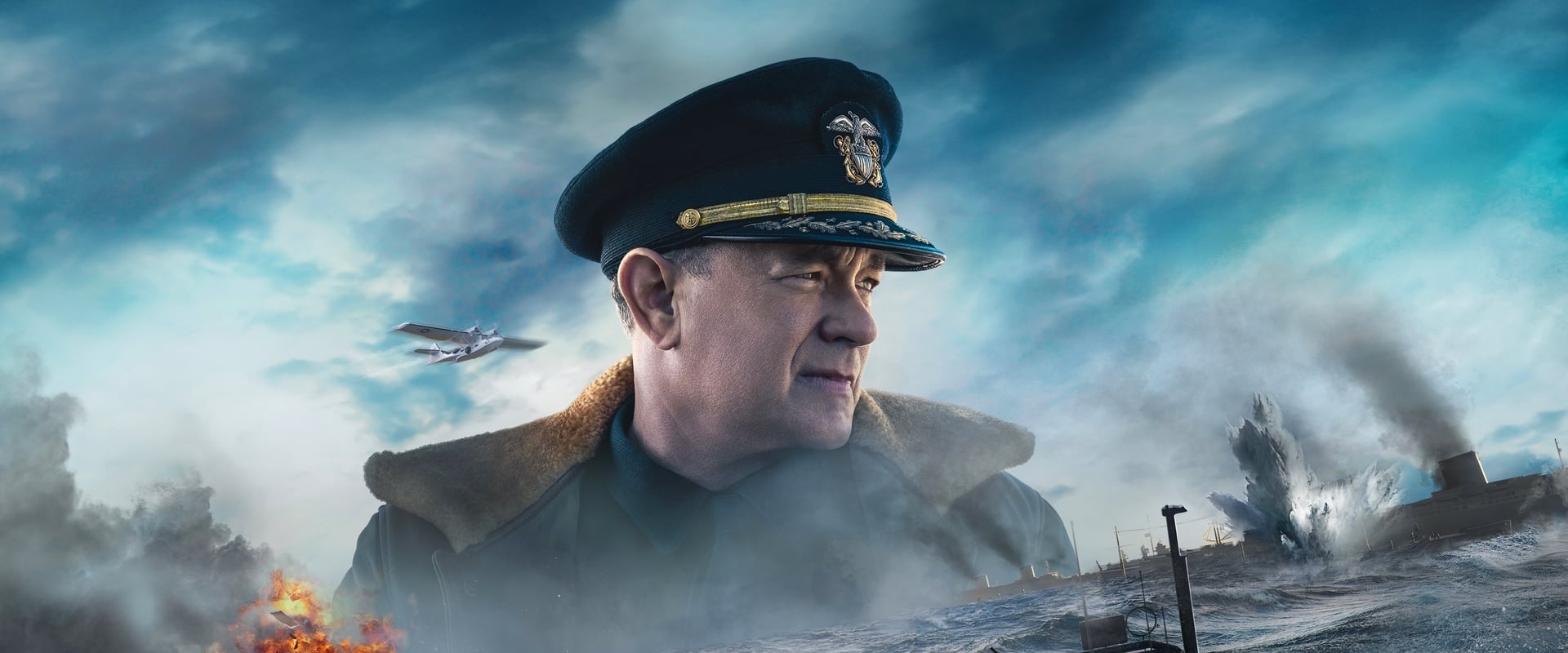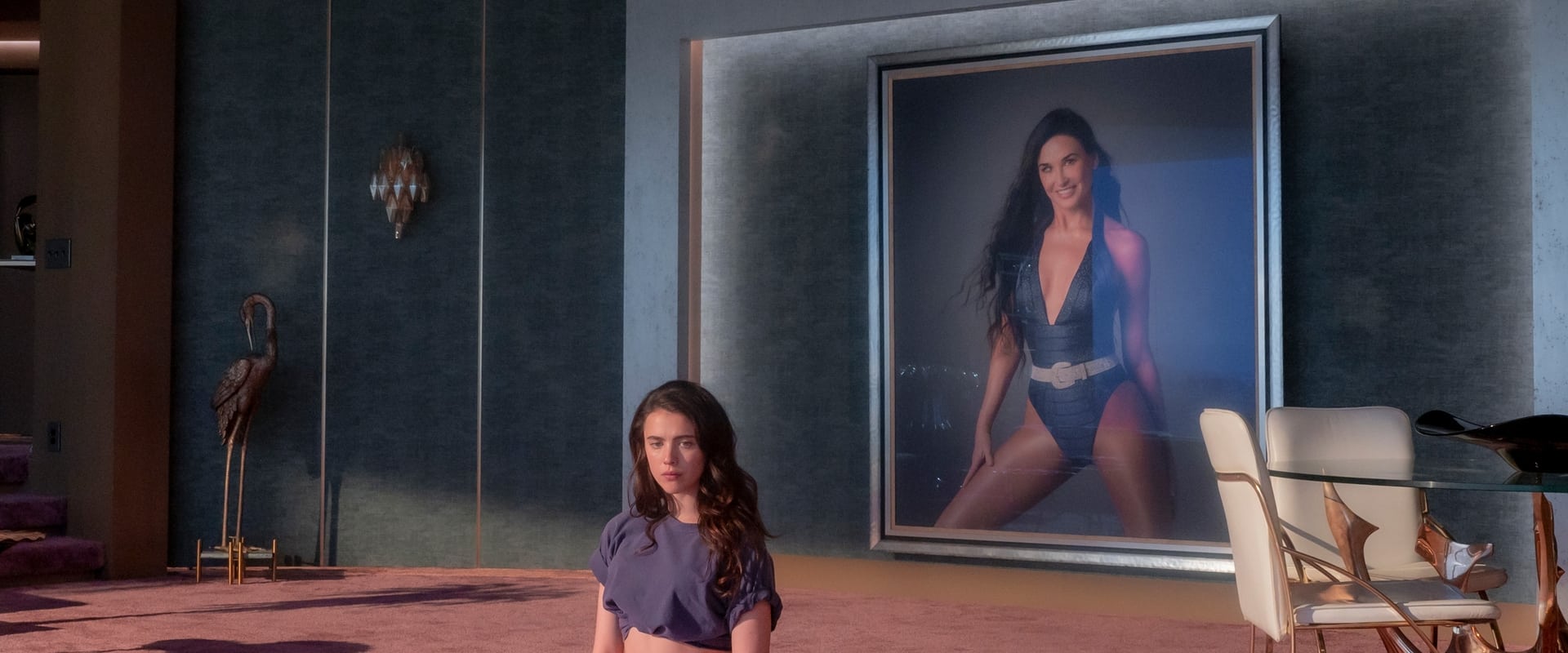Let’s skip the salute and call it what it is: “Greyhound” isn’t here to make you feel safe, or inspired, or even—God forbid—sentimental. No, Aaron Schneider’s relentless, nerve-needling orchestration, with Tom Hanks multitasking as both star and the hand sanding the script, is a straight shot of adrenaline distilled from the brine and gunmetal of war. Forget mothball nostalgia—this is war by way of a stress test, and every ping on the sonar is a test of your pulse-ox.
If “The Hunt for Red October” made you think submarine warfare was all chess moves and actorly brooding in the deep, “Greyhound” puts you on the bridge in the rolling, black maw of the Atlantic and doesn’t care if you’ve had your sea legs broken by other, softer movies. This film doesn’t just ask you to watch; it dares you to survive—a battle-a-minute tempo with the wolfpack German U-boats snapping at your ankles and no time for the luxury of Land’s End sentimentality.
You’re hurled, headlong, into the “Black Pit”—and it’s not the sort of cinematic “pit” where a Freudian can amuse themselves. This is the existential abyss where the only poetry is the tap-and-hiss of code and the shriek of lost hull rivets. No flashbacks, no home-front handkerchief-waving; just Krause, Hanks’s dignified stand-in for nervous exhaustion, fighting terror with a kind of Protestant restraint pitched at forty knots.
And Hanks—well, you can call him the American Everyman until his face is on money, but that doesn’t drain the salt from what he does here. This isn’t a phoned-in patriarch of virtue; it’s a performance sweating through the starch, a man so wrung out by responsibility that prayer competes with procedure for oxygen in his brain. Could another actor have played Krause? Possibly, but it’s Hanks who gives you the feeling that he’d bite a bullet for his men, even as he stands on the edge of unraveling.
Supporting players? They aren’t window dressing but neither are they the bunkside confidants of “Saving Private Ryan”—and thank Heaven for it. In “Greyhound,” humanity is compressed into barks of command and the blank-eyed terror of the next torpedo run. Characterization here isn’t some oaken biography lesson—it’s presence under fire, and every actor sweats for it.
Technically, the film pummels you—sound design that seems to want to crawl inside your ears and wring them out with saltwater. The visuals are less “majestic naval epic” and more steel cage match, with blues and grays that feel like they’ve been dipped in diesel. It’s ugly, it’s claustrophobic, and it’s truer for not caring a wit about your comfort.
People who want “development” or a breather are out of luck—the film isn’t constructed as a series of moments, but as a single, unending minute stretched into ninety. You tumble from crisis to crisis, and where “Das Boot” found room for existential malaise and “Red October” let its captains tiptoe around each other, “Greyhound” is so tight it leaves marks on your wrists.
Is it perfect? I can already hear the quibblers dockside, nursing their complaints about realism and tactical accuracy—naval historians with their rulers out. “Greyhound” doesn’t have time for that. The emotional math is simple: you’re scared, then you’re relieved, then you’re scared again. Fate in this film is a torpedo’s whine, and consequence is measured out in sinking ships and the ache of another dawn survived.
When it’s done, I didn’t walk out of “Greyhound”—I staggered, grateful for the dry, dull boredom of peacetime. This is war as ordeal, and for once, Hollywood doesn’t apologize. War movie devotees—and I count myself one—should see it twice, if only to remember that a battle can be both exhausting and exhilarating, courage can be unadorned, and sometimes history’s best tributes are delivered not with a flourish, but a cold shudder.
So muster up: if “Saving Private Ryan” is the cathedral, “Greyhound” is the foxhole hymn, sung through chattering teeth on a night when only the brave bother to look for dawn. For all who worship at the church of war cinema, take a seat. The service has started—and it doesn’t end until the shooting does.


